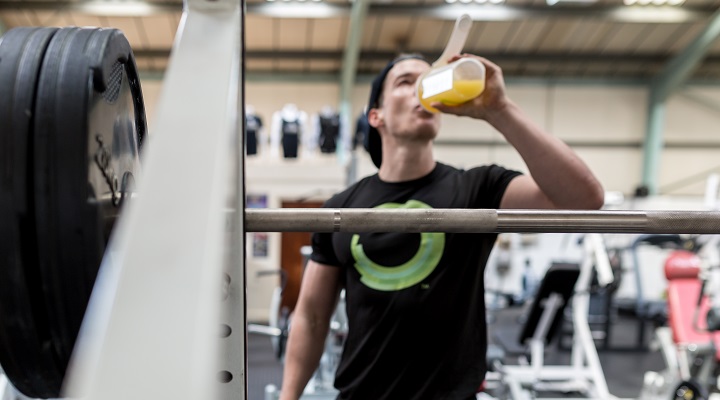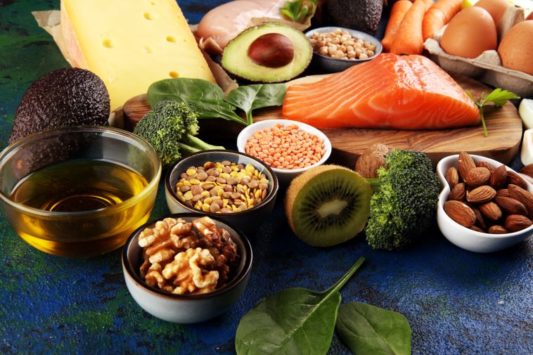Protein is a multifaceted nutrient. It’s the go-to supplement of choice for thousands of casual gym goers and athletes alike. Whether it’s being consumed to aid muscle building, or used as part of a healthy diet to assist weight loss, its place as a diet staple is well established.
But is protein all you need?
Some would have you believe it is. But like anything, it’s worth taking stock of your goals and lifestyle before putting all your eggs in one basket. You’re only as strong as your weakest link afterall…
It’s not a magic ingredient.
Protein is pretty awesome, no question, but it’s not a magic ingredient. Having a protein shake 2-3 times a day won’t miraculously help you pack on lean muscle and you won’t slim down overnight purely as a result of increasing your protein intake.
You have to make a conscious decision to clean up your diet and train more effectively if you want to see real change. If you do that, protein is the ultimate wingman. It’s there to support you – to build your confidence, to pick you up when you’re struggling after a hard workout, to keep hunger at bay when you feel like eating a load of crap…it is the ‘Protector of Gains’.
Protein intake is often the limiting factor.
Protein, whether from whole foods or a convenient protein shake, can help you cover your bases. If you’re hitting the gym hard and not seeing significant progress, chances are your diet is letting you down, or your training plan is ineffective.
The limiting factor for a lot of people is that they simply do not consume enough protein from their regular diet. If you’re a vegetarian or vegan this can be even less – with dairy free alternatives having an inferior amino acid profile too.
Addressing your protein requirements.
Addressing your protein requirements is the first port of call. As a general rule of thumb, we suggest approximately 2g of protein per day per kilo of bodyweight. If you weigh in at 75kg, you’d be looking at approximately 150g protein a day, although it’s worth noting that the need for protein and other macronutrients will vary depending on your activity levels at the time. If you’re training like Mad Dog McGee, you might need a bit more protein and an increase in carbohydrates to aid recovery.
Macronutrient balance.
Only you will know what it is you want to achieve but banking on protein to do all the work for you isn’t likely to deliver the results you want to see. Understanding the role of ‘the other’ macronutrients – carbohydrates and fats – is also important.
Carbohydrates play an important role in exercise performance. They are the body’s primary and preferred source of energy. They also influence how nutrients are metabolised, helping to speed up the rate of nutrient transportation and absorption – something that becomes increasingly important post workout.
Fats have seen a resurgence over the past 5-10 years due in part to new research on the differences between fats, their functions within the body and their benefits to our health. The stigma of all fats being ‘bad’ for us is now a thing of the past – thankfully. Products like Coconut Oil, Peanut Butter, Omega Oil Blend™ and Omega 3 fish oils can all be enjoyed as part of a healthy diet – but moderation is the key.
A diet rich in EFAs supports our immune system, brain function and hormone production too.
Summary.
Protein is undoubtedly a powerhouse, so if you have goals based on building muscle, increasing recovery between sessions or supporting weight loss, it would be highly recommended to include more in your diet. All else being equal, it is likely to help you on your fitness journey, provided you are disciplined with it. Proteins are the building blocks of the body, but poor nutritional choices, an unhealthy lifestyle and ineffective training all have the potential to ruin those foundations.
Protein can help, but you need to help yourself first.









